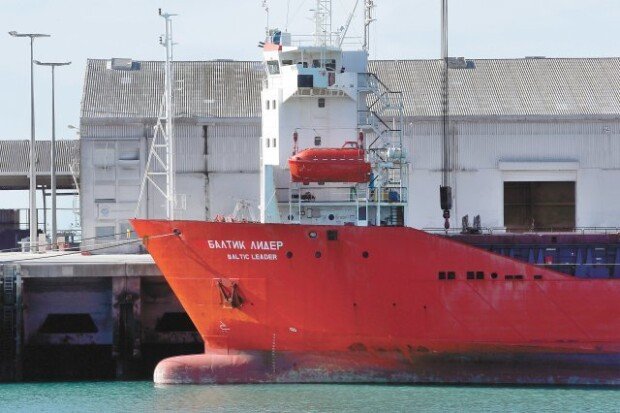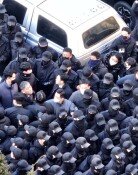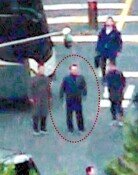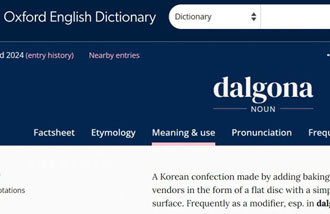U.S. decides to ban some Russian banks from SWIFT
U.S. decides to ban some Russian banks from SWIFT
Posted February. 28, 2022 08:12,
Updated February. 28, 2022 08:12

Russia launched an all-out offense by resuming large-scale attacks and street battles to take Kyiv, the capital of Ukraine, on Sunday, three days after it first invaded Ukraine. Russia opened fire in Kyiv indiscriminately, demanding Ukraine’s surrender. As Ukraine refused, Russia deployed half of its military force on borders to Ukraine. The Russian force also entered Kharkiv, the second-largest city of Ukraine in the northeastern region of the country. The Russian force began to destroy major infrastructure, such as oil and gas pipes, across Ukraine, including near Kyiv. The U.S. and Ukraine said Russia’s activities have slowed down as the Ukrainian force fought back desperately.
The U.S. and Europe have decided to ban some of the Russian banks from SWIFT, an international financial payment network, which was considered to be the last resort of sanctions, following sanctions against Russian President Vladimir Putin. As Russia began to deploy nuclear weapons in Belarus, a country located in the north of Ukraine, the second round of the cold war between the U.S. and Western countries and Russia practically began 33 years after the end of the cold war.
According to the Ukrainian government, an oil storage exploded by the Russian force’s attack in Vasylkiv, a city 29 kilometers away from Kyiv, on Sunday morning while street battles were taking place across the capital. Vasylkiv is a key city in defense of Kyiv where an air force base and oil storage are located. Gas pipes also exploded in Kharkiv due to the bombing.
The leaders of the U.S., the U.K., France, Germany, Italy, and Canada said on Saturday that they decided to isolate Russia from the international financial system. As a result, selected Russian financial institutions will be barred from international transactions and the Russian central bank’s access to foreign exchange reserves will be also limited.
weappon@donga.com
Headline News
- Pyongyang test-fires new hypersonic IRBM with longest flight range
- NVIDIA CEO: ‘ChatGPT moment for general robotics just around the corner’
- President security service chief refuses second summons
- NVIDIA CEO: ‘ChatGPT moment for general robotics just around the corner’
- N. Korea fires intermediate-range ballistic missile






